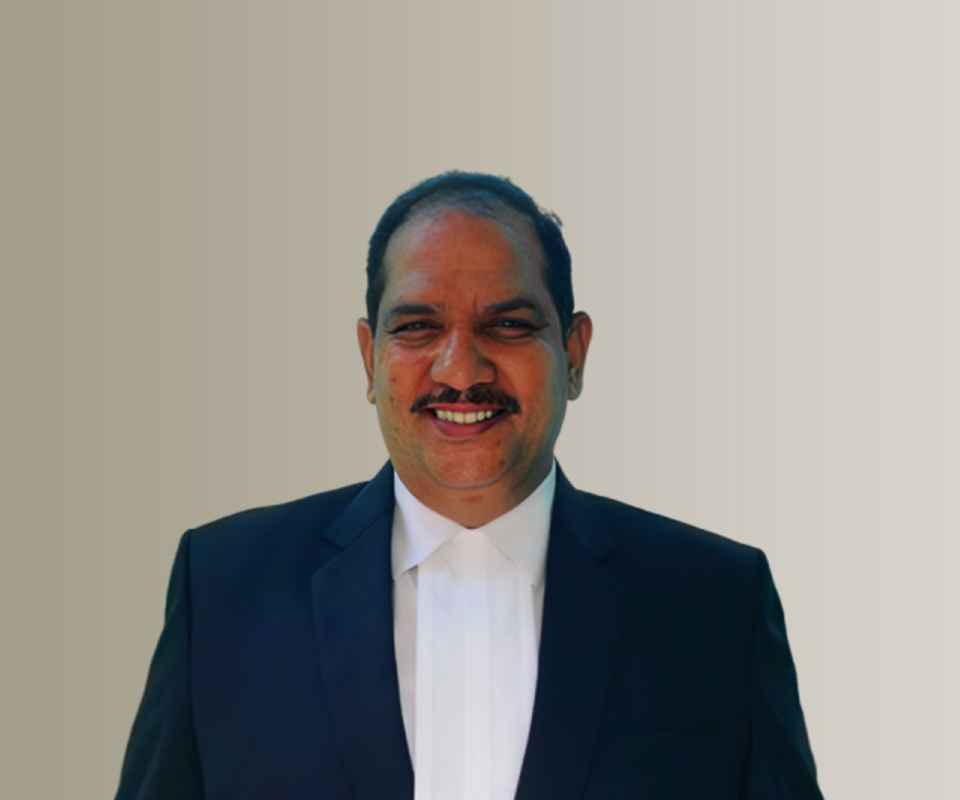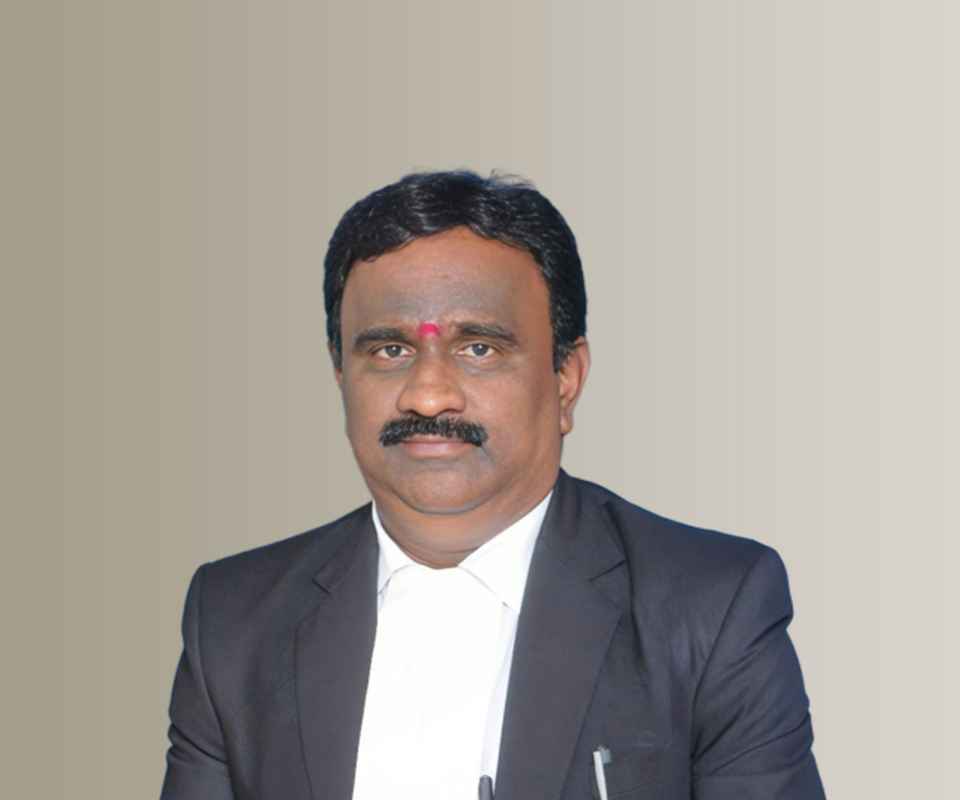Answer By law4u team
Driving without a valid license is a serious offense under the Motor Vehicles Act, 1988, and it can have significant legal consequences if the driver is involved in an accident. Whether the driver was unlicensed because they lacked a permit or their license was expired or suspended, the liability for the accident and the process of claiming compensation may be affected. Understanding how the absence of a valid license impacts both the driver’s liability and the victim’s ability to claim compensation is crucial.
Legal Implications of an Unlicensed Driver in an Accident:
Liability for the Accident:
Unlicensed drivers are still liable for accidents they cause, regardless of their lack of a valid license. The driver’s actions (e.g., negligence, speeding, or failure to adhere to road safety rules) are the primary factors that determine liability in an accident.
The victim can file a compensation claim against the unlicensed driver under civil law for damages caused by their negligence or recklessness.
Impact on Insurance Claims:
Third-party insurance policies generally cover accidents caused by licensed drivers, but if the driver is unlicensed, the situation becomes more complex:
- If the driver is unlicensed, the insurance company may deny coverage for the driver’s liability under the comprehensive or third-party insurance policy.
- However, if the vehicle is insured under a third-party insurance policy, the victim may still claim compensation for property damage or injuries from the insurance company, even if the driver is unlicensed.
- The insurance company might later seek recourse from the vehicle owner or the unlicensed driver to recover the compensation paid to the victim.
Compensation for the Victim:
If the victim is injured or suffers property damage due to an accident involving an unlicensed driver, they can still claim compensation for medical expenses, lost wages, and property damage. The victim may file a claim under:
- Motor Accident Claims Tribunal (MACT): The MACT can still order compensation, even if the driver was unlicensed, based on the liability of the vehicle owner.
- Insurance claim: As mentioned earlier, the victim may be able to claim compensation from the vehicle’s third-party insurance, even if the driver was unlicensed, provided that the insurance policy covers third-party damages.
Penalties for the Unlicensed Driver:
Criminal liability: The unlicensed driver faces penalties under the Motor Vehicles Act, 1988, including fines and possible imprisonment for driving without a valid license.
The driver’s actions may also result in the suspension or revocation of the driver’s license if they eventually apply for one in the future.
Effect on the Vehicle Owner:
If the driver was unlicensed, but the vehicle owner allowed the person to drive, the owner may also face legal consequences. The vehicle owner could be held partially responsible for allowing an unlicensed driver to operate the vehicle.
The vehicle owner’s insurance may attempt to recover the amount paid for the victim’s compensation from the vehicle owner if the driver was unlicensed.
Legal Process After an Accident with an Unlicensed Driver:
Filing a Police Report:
The victim should file an FIR at the nearest police station after the accident. The police will investigate the accident scene and verify whether the driver had a valid license at the time of the incident.
If the driver is found to be unlicensed, they may face criminal charges and legal action under the Motor Vehicles Act.
Claiming Compensation:
Victims of an accident caused by an unlicensed driver can file a compensation claim with the Motor Accident Claims Tribunal (MACT) or under civil laws for injuries or property damage. The claim may be made against the unlicensed driver or the vehicle owner.
The vehicle owner’s insurance (if applicable) may be called upon to cover the victim’s medical bills, loss of income, and damaged property.
Insurance Company’s Role:
In cases where the driver is unlicensed, the insurance company may either:
- Deny compensation to the unlicensed driver under the terms of the insurance policy.
- If the vehicle is insured under a third-party liability policy, the insurance company may still cover the victim's claim but will seek recourse from the unlicensed driver or the vehicle owner.
Example:
Example 1:
A person is driving without a license and causes an accident that injures a pedestrian. The pedestrian files a claim under the third-party insurance of the vehicle involved in the accident.
While the unlicensed driver faces criminal charges for driving without a license, the victim can still receive compensation for their medical expenses and loss of income through the third-party insurance policy of the vehicle.
Example 2:
A motorcyclist with an expired license hits another vehicle, causing damage. The vehicle owner has comprehensive insurance but the motorcyclist’s license is expired.
The victim may still receive compensation for property damage from the insurance company, but the insurance company could seek recovery from the motorcyclist or the vehicle owner for not ensuring the driver was licensed.
Conclusion
While an unlicensed driver can still be held liable for causing an accident, the situation complicates the claims process, particularly for insurance coverage. The victim can generally still claim compensation for their injuries or property damage through third-party insurance, though the insurance company may attempt to recover the amount paid from the unlicensed driver or the vehicle owner. The driver will also face criminal penalties under the Motor Vehicles Act, and the vehicle owner could be held partially liable for allowing an unlicensed driver to operate the vehicle.







